People often ask me why I’m vegan, what I eat, and how to make the transition easier. So, I’ve put together this simple collection of resources that have helped me over the years, hoping they’ll make it easier for others who are looking to make changes in their own lives too. I will add and remove resources on this page over time as conditions change.
Why did I go vegan?
Continuous improvement is a core principle to how I live my life. Over the years, I have set a variety of different challenges and goals to help me progress in various areas of my life. At the beginning of 2020, I set a goal to eat vegetarian 300 or more days per year. I was able to achieve that goal easily because it gave enough flexibility for me to not feel overly burdened.
The next year, I set a goal of eating vegan 300 or more days per year. Right away it began to just seem absurd that I would still be buying some not vegan food items so I simply stopped purchasing non-vegan food items. After reading more resources, I found out that I was not vegan, I was just eating plant-based foods only. This led to a lot more reading until the full “ethical switch” got flipped in my brain that has now made me firm in my commitments to be VEGAN 4 LIFE!
This ease-in method worked for me, but I would always encourage anyone to do as much as they can to reduce their animal product consumption.
What is “veganism”?
The most widely accepted definition comes from The Vegan Society:
"Veganism is a philosophy and way of living which seeks to exclude—as far as is possible and practicable—all forms of exploitation of, and cruelty to, animals for food, clothing or any other purpose; and by extension, promotes the development and use of animal-free alternatives for the benefit of animals, humans and the environment. In dietary terms it denotes the practice of dispensing with all products derived wholly or partly from animals.
There are many ways to embrace vegan living. Yet one thing all vegans have in common is a plant-based diet avoiding all animal foods such as meat (including fish, shellfish and insects), dairy, eggs and honey - as well as avoiding animal-derived materials, products tested on animals and places that use animals for entertainment. "
I believe that veganism, like many philosophies, is not just a set of beliefs. It is a practice that involves making daily choices that reflect values such as compassion, sustainability, and non-harm. How someone practices veganism can look different from person to person.
There is no single “correct way” to practice veganism. What matters is the intention behind it and the authentic effort to align actions with values. It is a personal journey, and everyone approaches it in their own way.
I have had and analyzed many different debates on veganism and the only arguments that aren’t refutable with evidence is that people want convenience or comfort (taste nostalgia). I find both of those arguments to be weak compared to the overwhelming variety of reasons to be vegan. However, it is important to recognize that they can often be hurdles for people in practicing veganism. My hope is that this simple guide will help you strengthen your practice of veganism.
What are some good vegan resources?
Getting started in veganism can often seem overwhelming with the amount of things you have to think about. Since most people’s primarily challenges are comfort (taste nostalgia) and convenience, I wanted to put together this guide to reduce those challenges. However, I also don’t want to duplicate the efforts of already well established work in this area. These are some of the most valuable resources I have found:
- The Vegan Society – In addition to their clean definition, The Vegan Society has a lot of other great resources and info as well.
- Your Vegan Fallacy Is – This is an excellent resources that provides simple responses to the most common arguments people make about veganism. This is a great resource and one I keep handy on my phone along with the Climate Change Myths resource that is similar.
- Vegan Ingredient Checker – When you start checking ingredient lists on all your products, oftentimes there are a lot of things in there you haven’t heard of. Ingredient checkers can be a handy tool to getting some quick confirmations. I often just take a picture of a product and copy the text from the image to paste in.
- Vegan and Cruelty-Free Brand Checker – As mentioned previously, veganism is not just about diet, so understanding personal care products, clothing, etc. is also important. There are a several resources that do this, but my two favorite our Cruelty Free Kitty and Conscious Bunny.
- Dominion (free documentary) – Australian documentary about modern animal agriculture. If you aren’t aware of how animals are actually being treated, you should watch this to understand. “Dominion is a feature-length documentary presenting an uncompromising, damning exploration of the various ways animals are used and abused by humans, particularly in the meat, dairy, egg, clothing and entertainment industries.”
- Vegan Recipes –
- Rainbow Plant Life – One of the first ones I found that was super helpful and tasty! Great YouTube videos too.
- Vegan Richa – Many people’s favorite with a focus on Indian cuisine. HolyCowVegan has good Indian recipes too.
- Cheap Lazy Vegan – The name says it all 😉 My kind of recipes!
- My Own Recipes and Review! – I have a killer pumpkin pancake recipe, and I also have reviewed various vegan food products too.
- Stellerbee Recipes – My wife has a lot of simple recipes that are savable image files instead of a wall of text that can be helpful as well.
Food Guide
I have tried out so many different alternatives over the years. Some plant-based alternatives have terrible textures and flavors, but some are amazing. In the beginning, the difference in taste or texture can often be a hurdle for people. However, over time your tastes do adjust and often my non-vegan friends will find they actually like the “cleanliness” of certain tastes and textures much better right off the bat too.
This list is meant to help you find some of the items I find the most easy to transition to. Some vegans don’t like animal replicants, but I find they are the easier for people who are transitioning their eating habits. I find that Fred Meyer’s/Krogers typically has the best availability of most of these products, and their Simple Truth brand often has some great value plant-based options too!
I focused on my Master’s capstone on combining the latest protein research with sustainability reporting. TLDR; one of the findings of that work was that fitness guidelines have been recommending 1 gram of protein per pound of bodyweight, but based on research, at most people should only be eating around 2/3 of their bodyweight (lbs) as grams of protein per day. The minimum protein people should be eating per day is around 1/3 of their bodyweight (lbs) as grams of protein per day. For example, a 180 lbs. person should eat at least 60 grams of protein per day but shouldn’t eat over 120 grams of protein per day unless they want to be wasting money, resources, and increasing their environmental harm.

Just remember, eating a plant-based diet in and of itself doesn’t mean vegan. Continue past this food section to get to the Product Guide too ensure you are following vegan practices.
Here are some of my top favorites that make make your transition easier.
Meat replacements

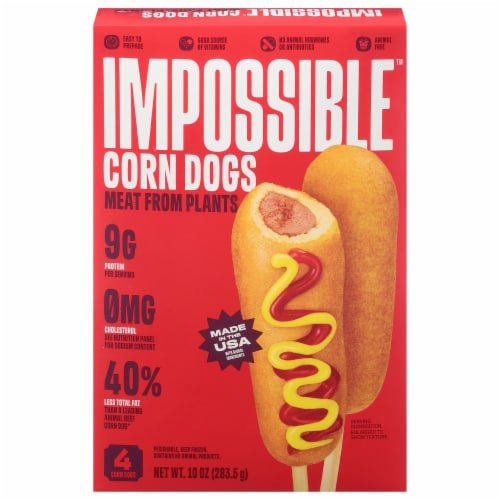




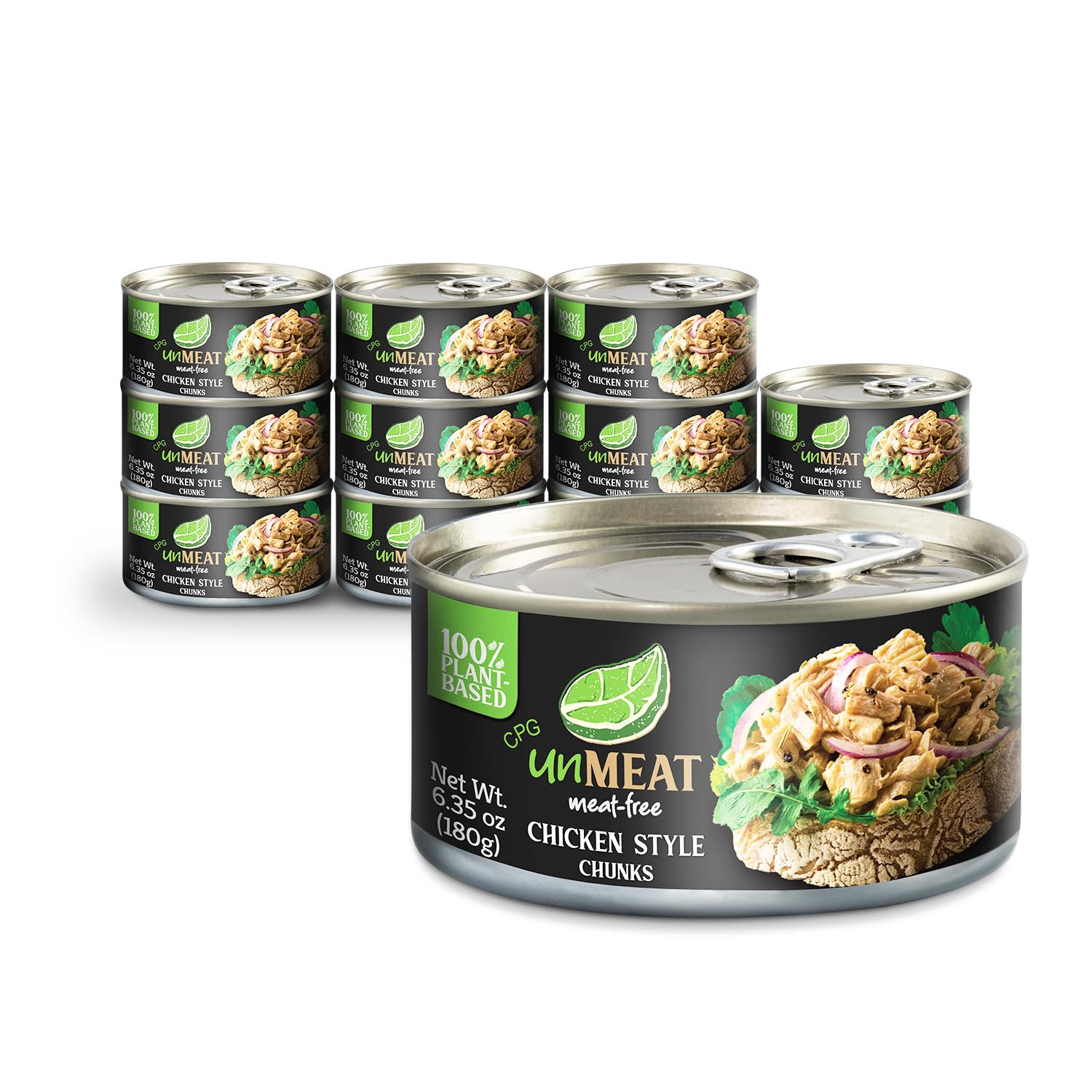
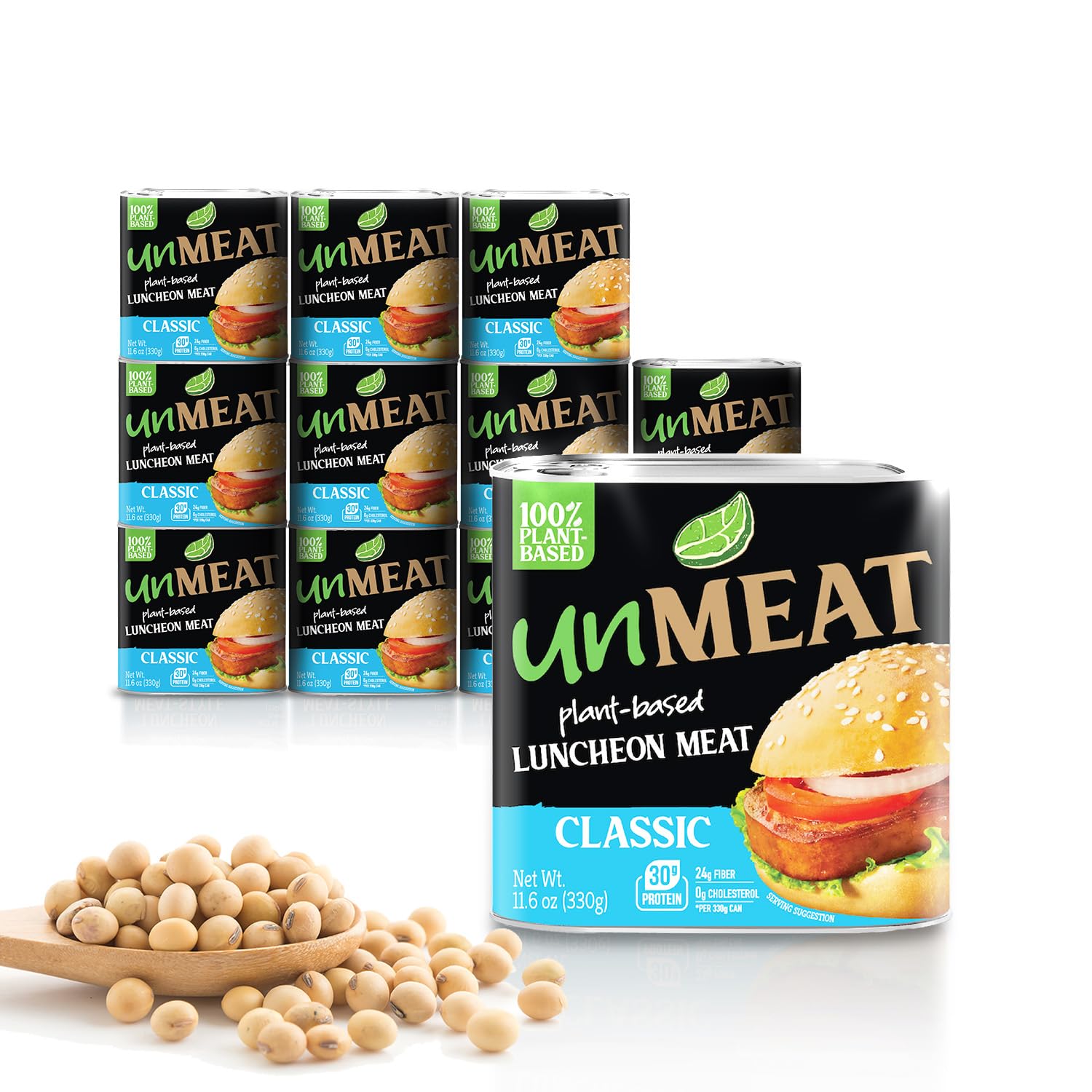





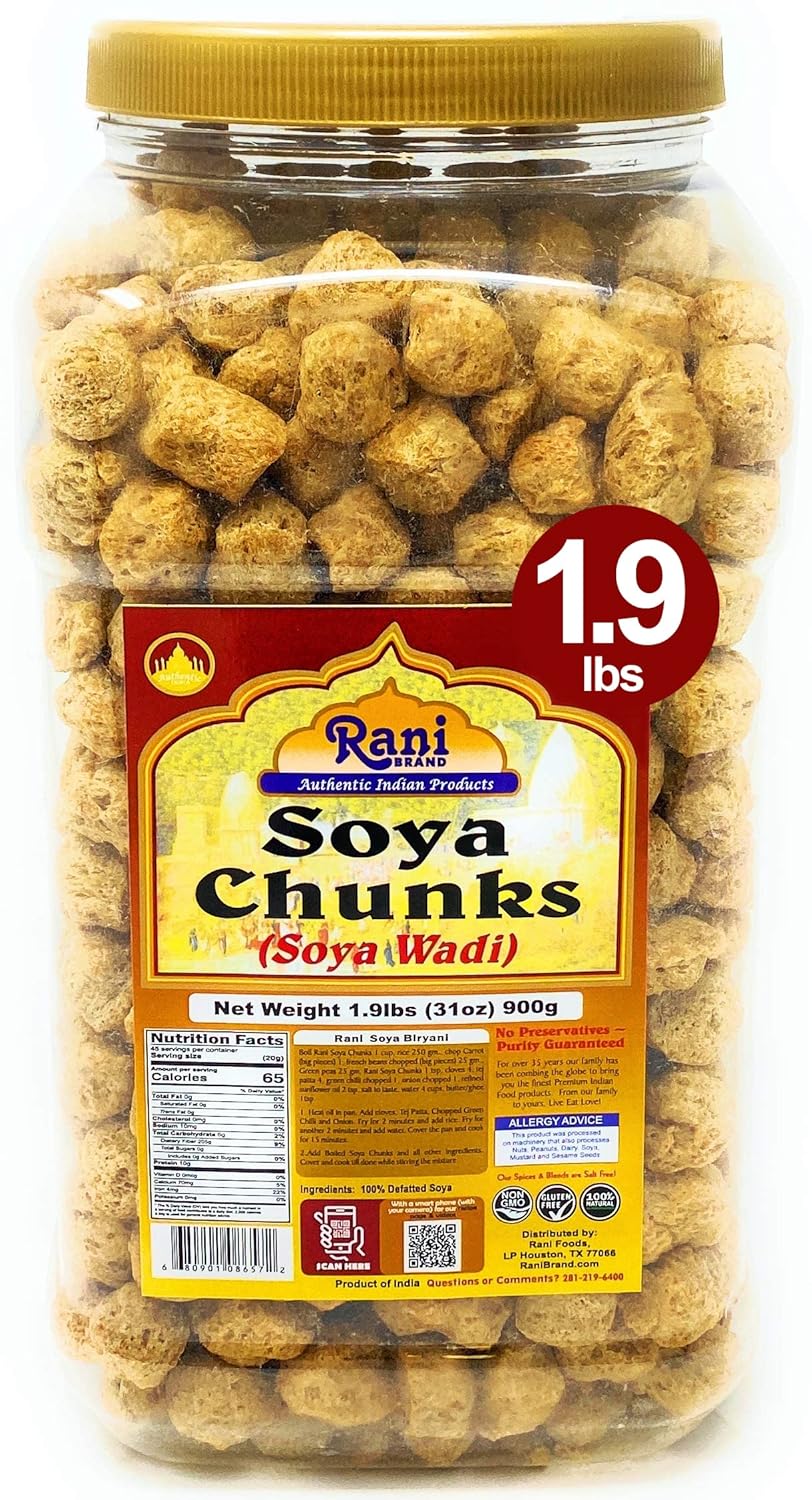
Dairy replacements
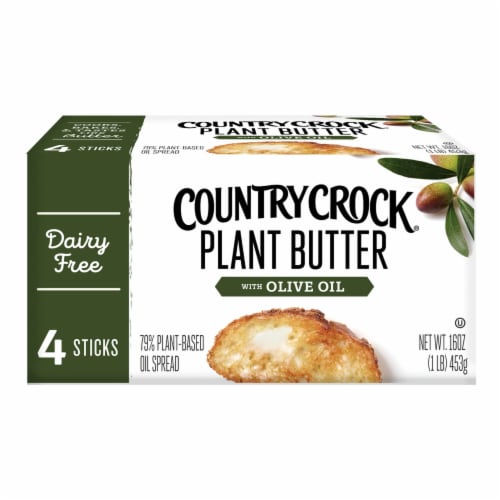


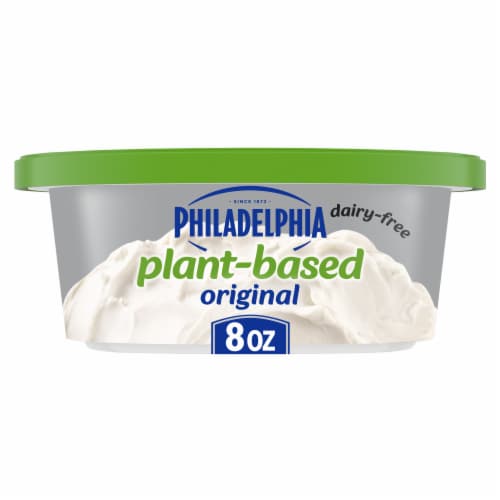





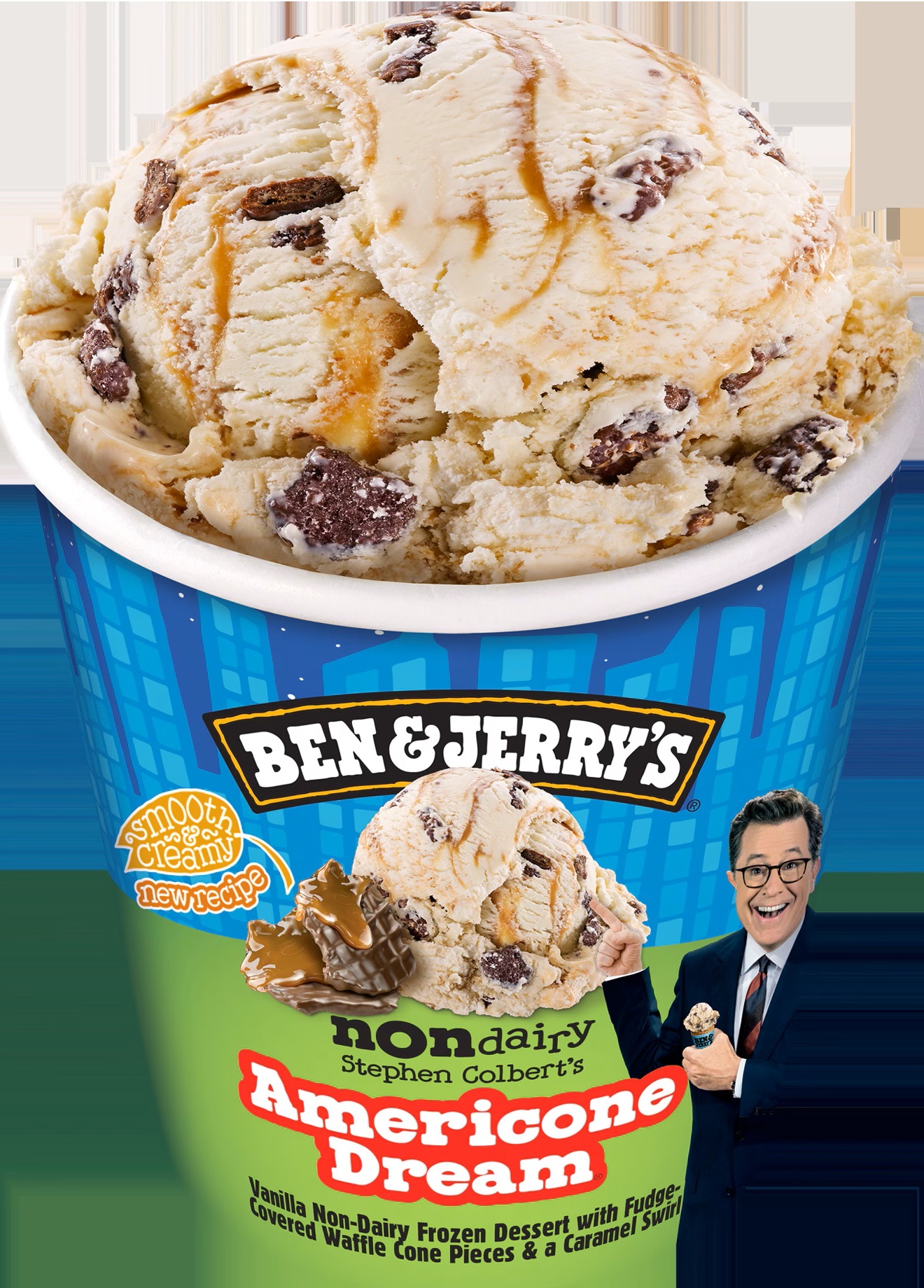

Egg replacements

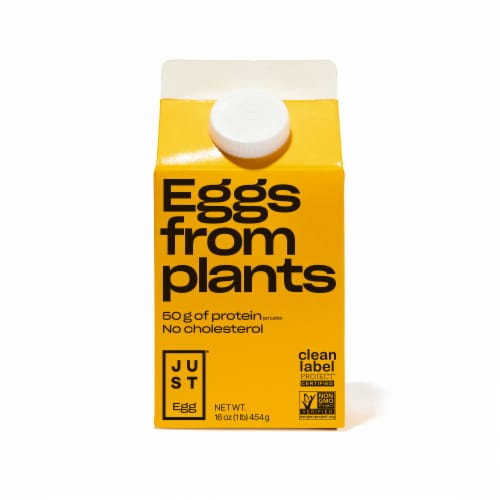

Honey replacements


Miscellaneous




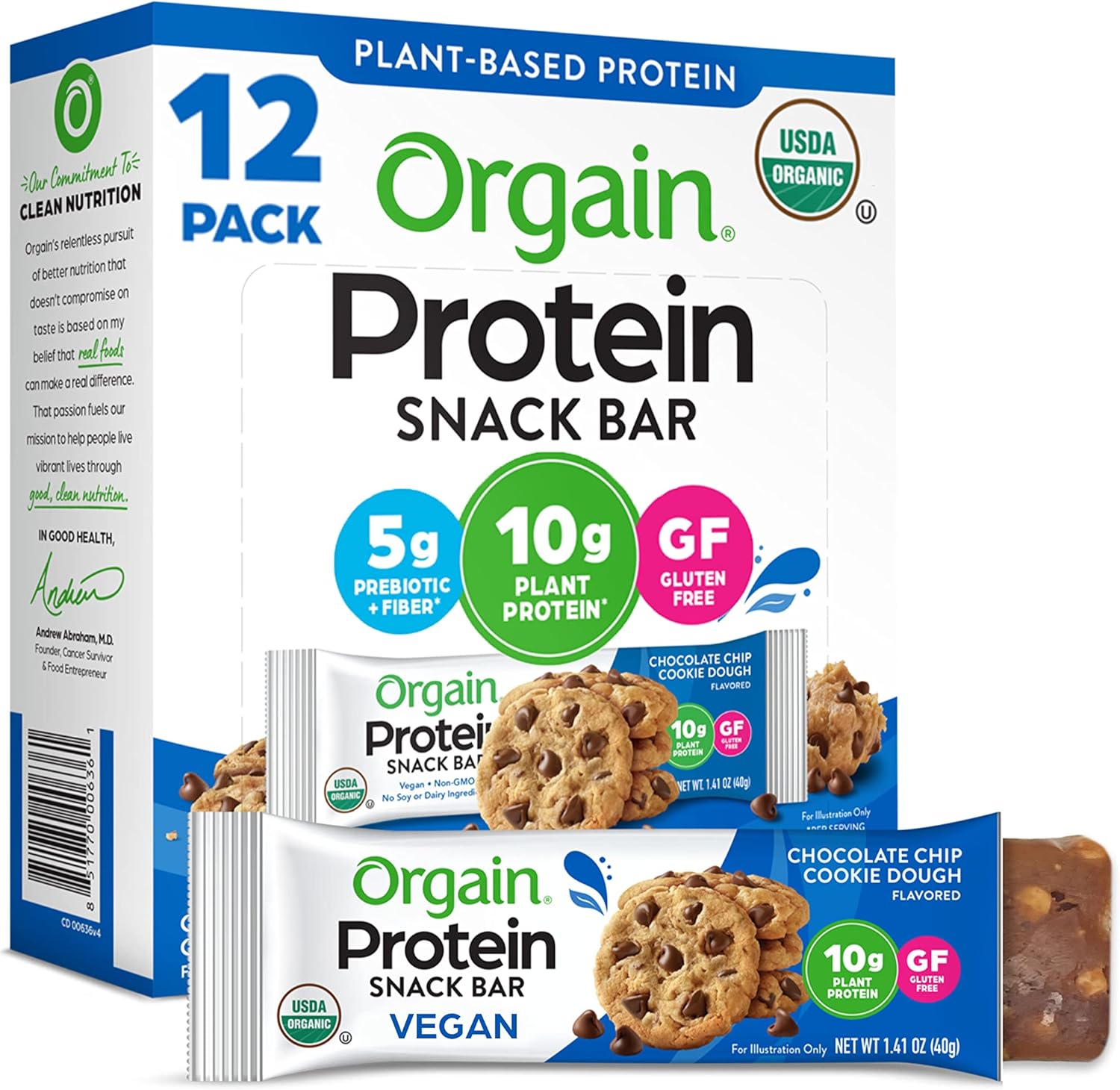
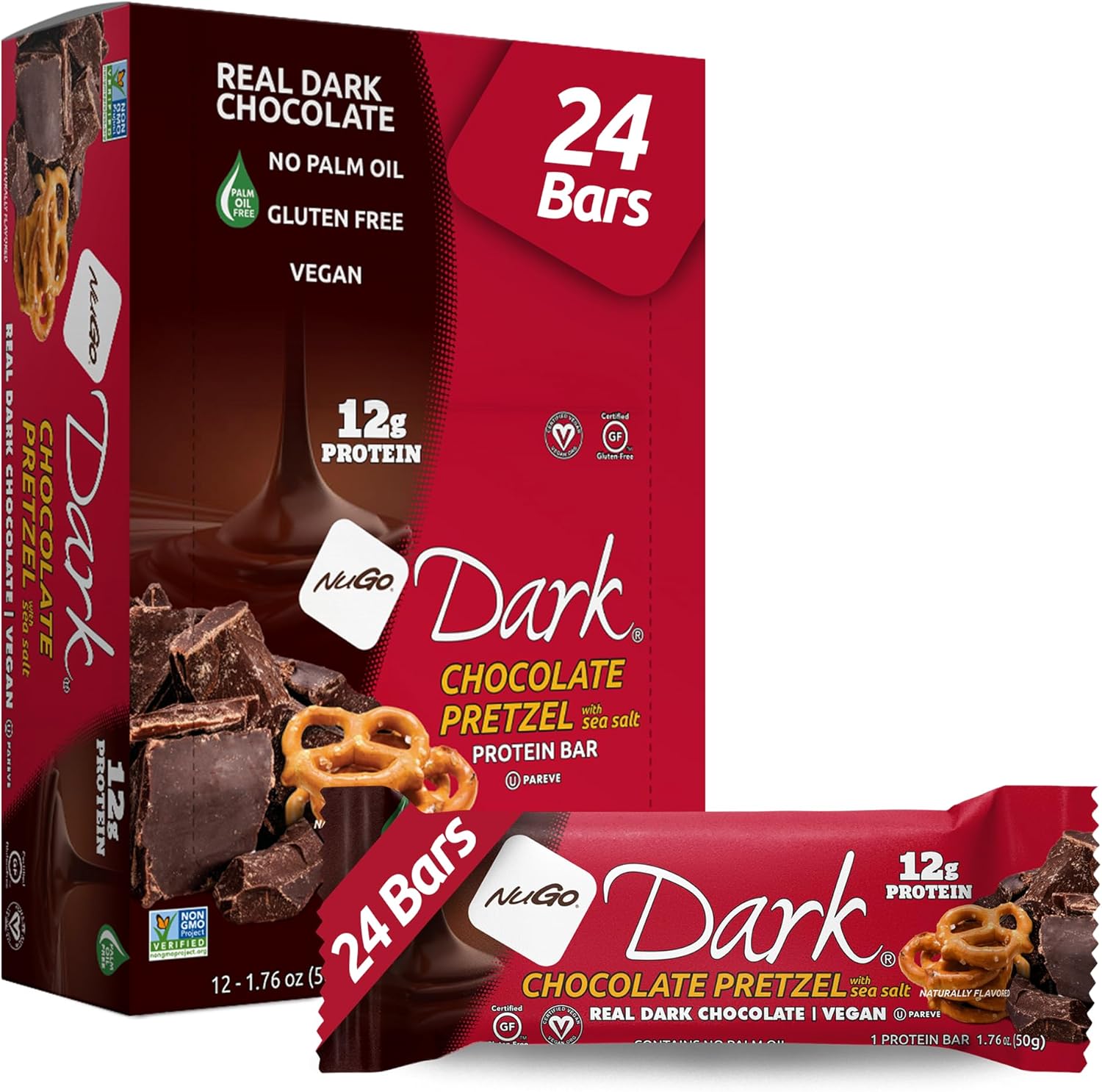
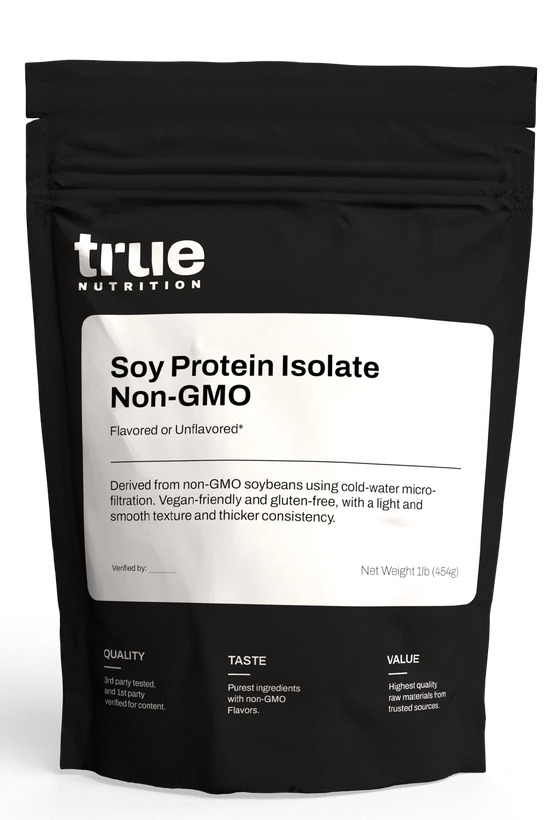

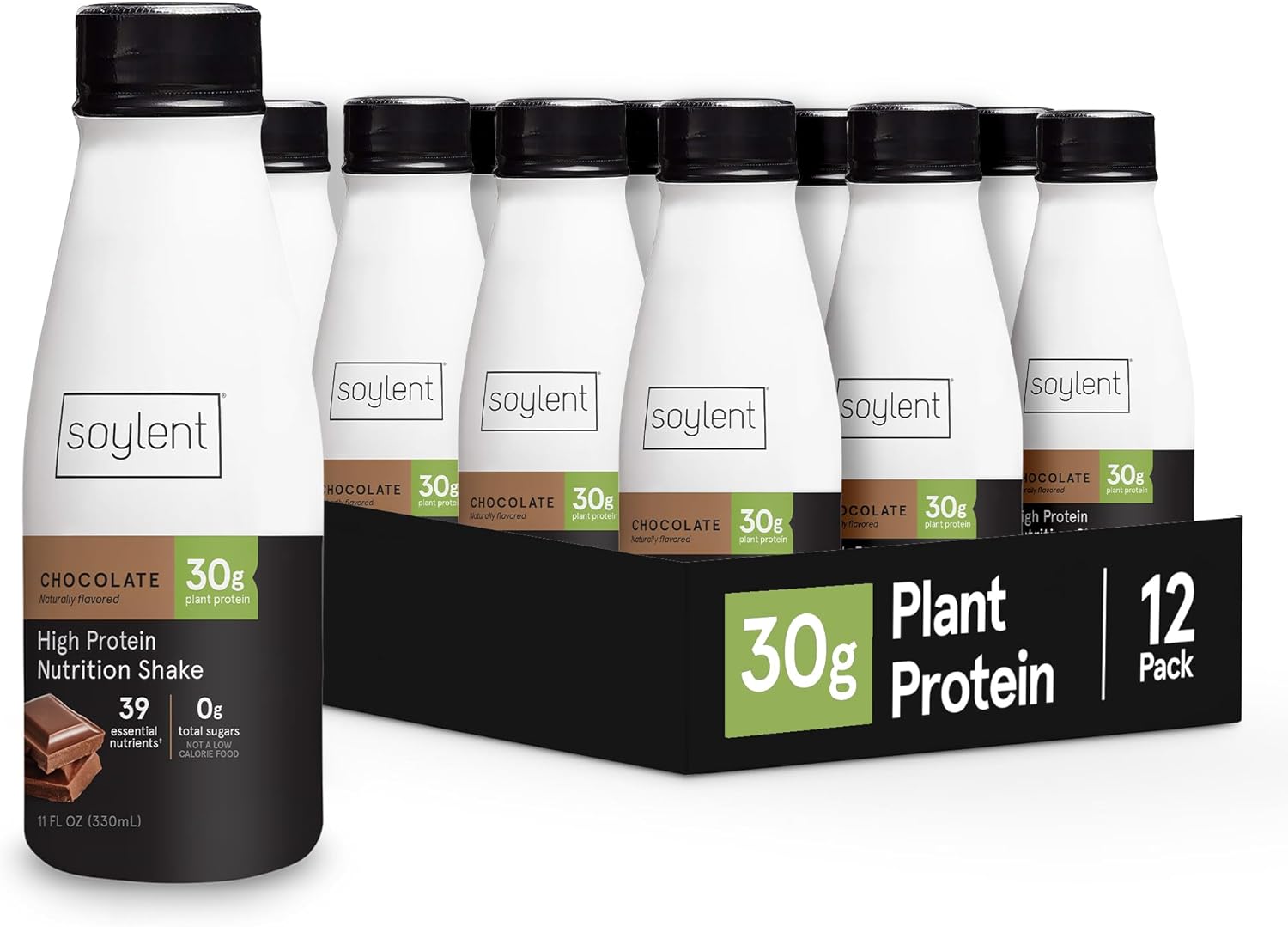
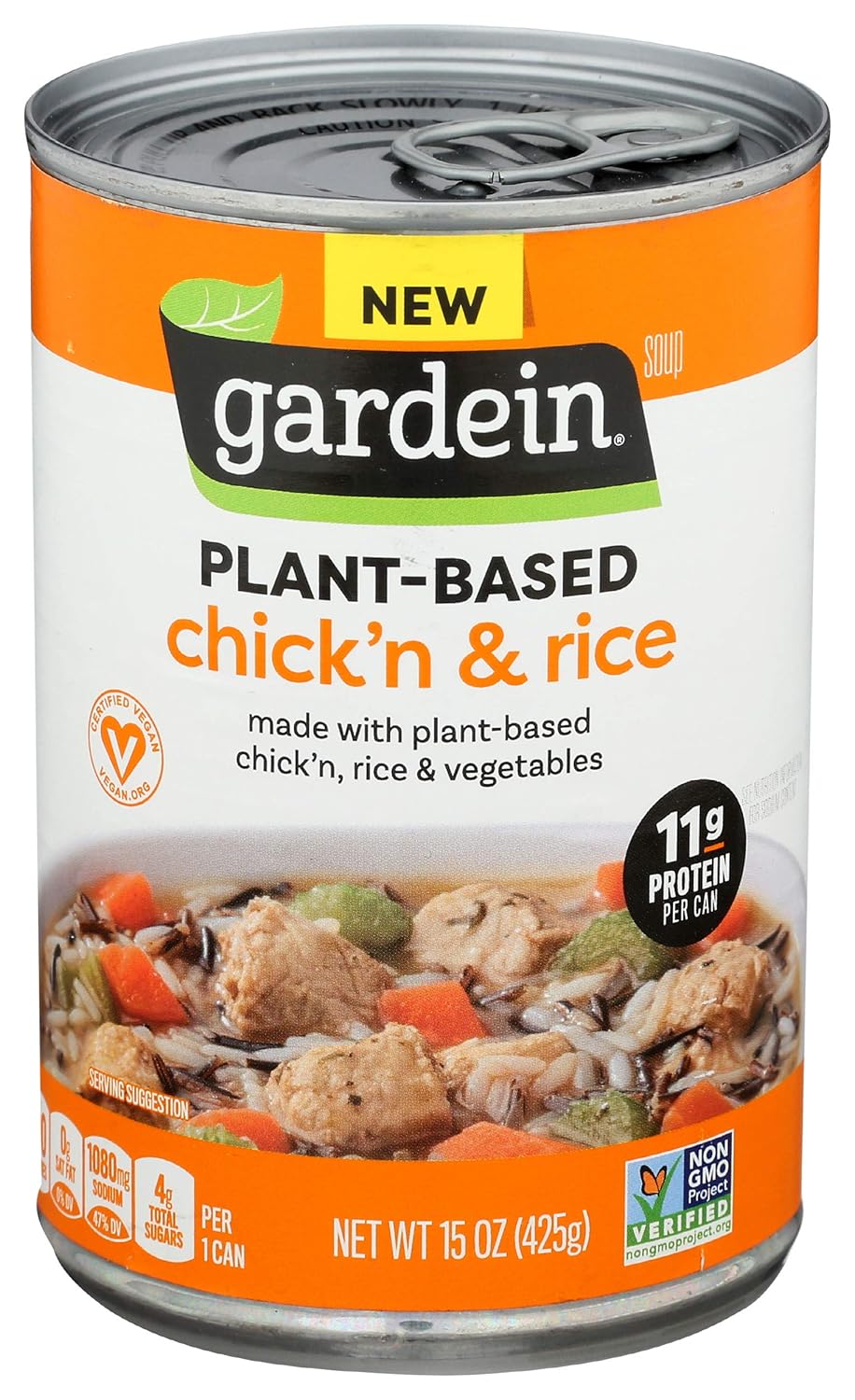



Product Guide
Veganism means more than just eating a plant-based diet. Excluding all forms of exploitation and cruelty means all products we use should be included as well.
Medicine and Supplements
Before jumping into various products, a note on medicine is needed. The Vegan Society again provides some helpful guidance:
“Currently all medicine in the UK must be tested on animals before it is deemed safe for human use, but please note: The Vegan Society DOES NOT recommend you avoid medication prescribed to you by your doctor - a vegan who is looking after themselves the best they can is an asset to the movement. What you can do is ask your GP or pharmacist to provide you, if possible, with medication that does not contain animal products such as gelatine or lactose.
If you're a medical charity supporter you may wish to check whether your chosen charity performs animal testing. There are many charities that don't currently conduct animal tests and many vegans prefer donating to charities that actively seek alternative methods of testing.”
Additionally, there are some nutrients that are harder to obtain on modern diets, as well as on vegan diets. I was low on several nutrients even before going vegan. However, before supplementation you should have your primary care physician run tests on these to ensure supplementation is necessary because many of these are easy to get if eating the proper items. GoodRX provides a decent list of the most common ones worth checking as well as ways to get them in your diet;
- B12,
- Vitamin D
- Omega-3
- Iron
- Vitamin K
- Calcium
- Iodine
- Zinc
- Selenium
For my case, I still need to focus on certain nutrients so these are my primary methods for getting them in my diet through supplementation.


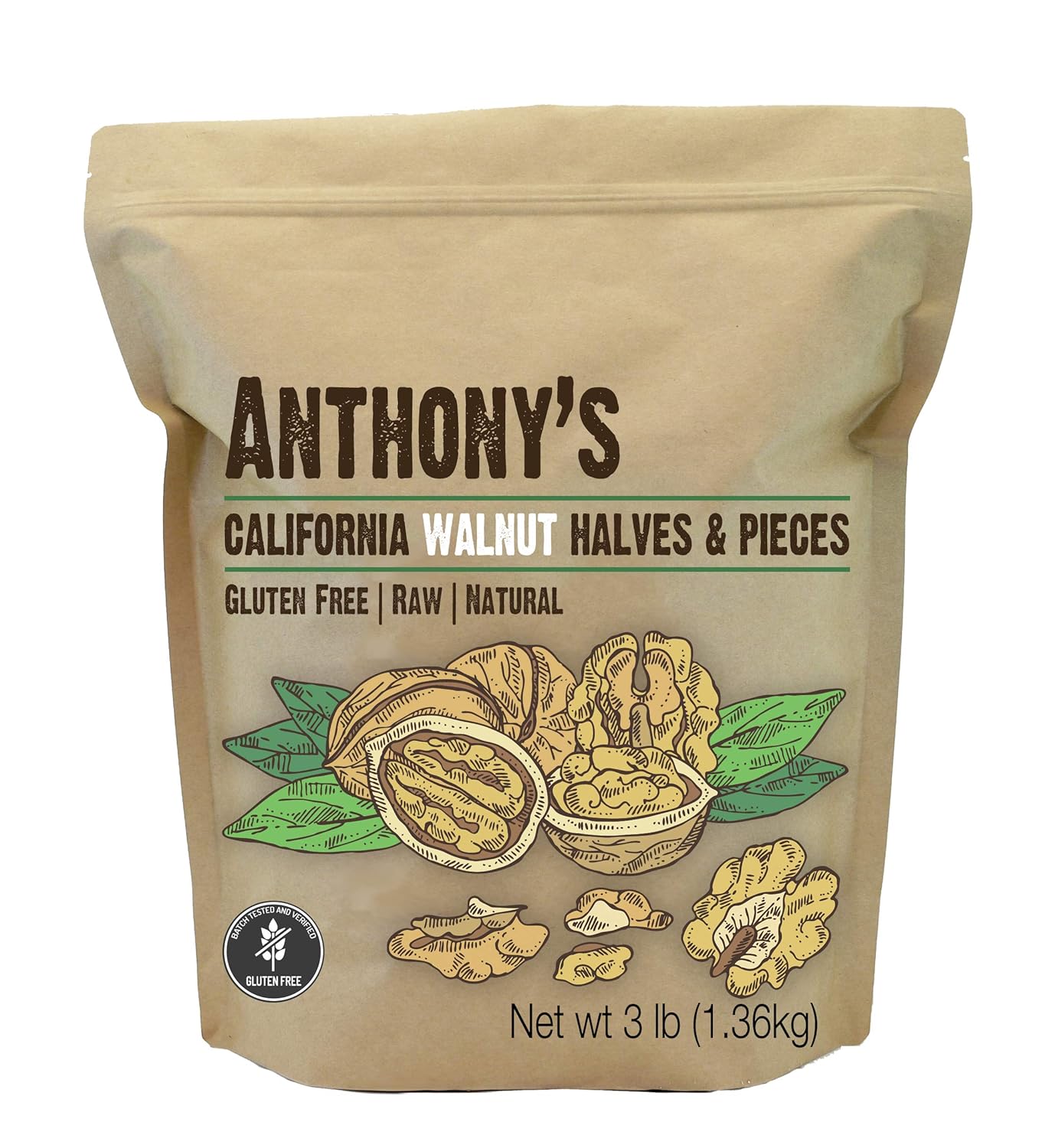



Personal care products
Another quick helpful definition is of cruelty-free:
Cruelty-free means a product has not been tested on animals during its development, from the finished product down to every individual ingredient. This includes a company's commitment to not conduct, commission, or pay for any animal testing at any point in the production process. It's important to note that "cruelty-free" does not necessarily mean "vegan," as a cruelty-free product could still contain animal-derived ingredients like beeswax or lanolin.
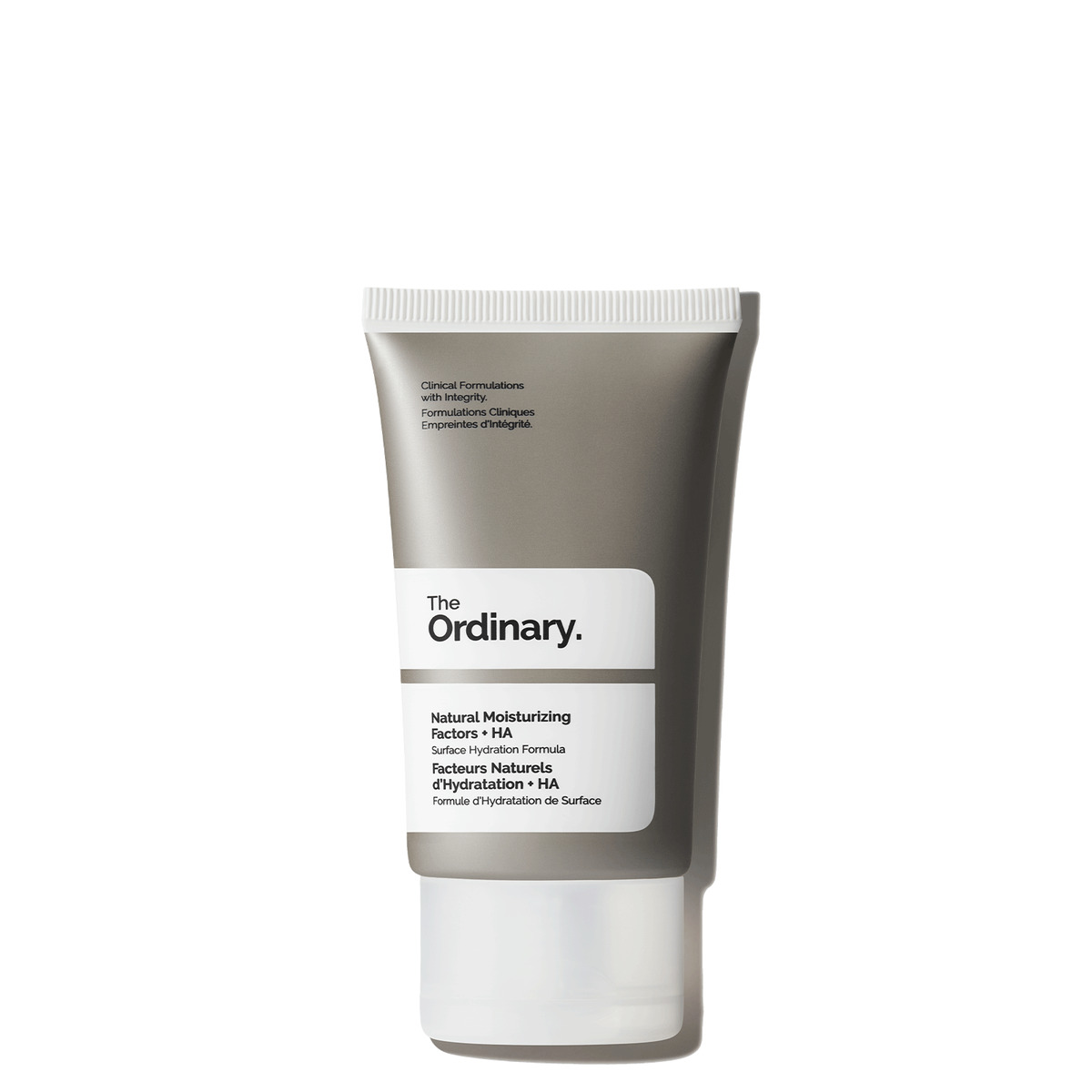




Clothing
There are a variety of vegan brands that are a web-search away, but a good starting list is this one from Sustainably Kind Living or this one from Ape to Gentleman.
Materials to Avoid:
- Real Leather
- Fur
- Wool
- Silk
- Down and Feathers
Materials to Look For:
- Organic Cotton
- Bamboo
- Linen
- Hemp
- Pineapple or Apple Leather
- Tencell (Lyocell)
- Recycled polyester
Climate focused brands can be a great place to look too!
My top favorites are these:




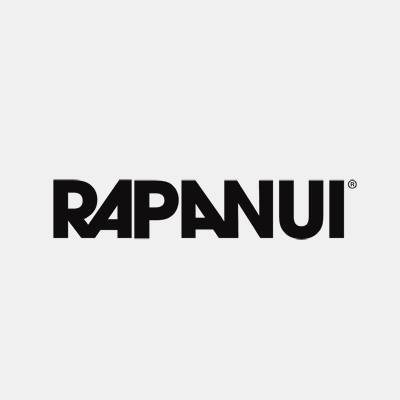


Entertainment
Another good reminder from The Vegan Society:
“Vegans choose not to support animal exploitation in any form and so avoid visiting zoos or aquariums, or taking part in dog or horse racing. A great alternative is visiting and supporting animal sanctuaries that provide safe and loving homes for rescued animals.”
Parting Thoughts
Reducing suffering of other living beings should be something on everyone’s mind. Reducing exploitation and suffering doesn’t have to be challenging. Hopefully this guide helped simplify your journey to shift your behaviors to align with veganism. If there is anything I missed that you would find helpful, let me know or comment below!


0 comments on “Simple Vegan Guide”Add yours →